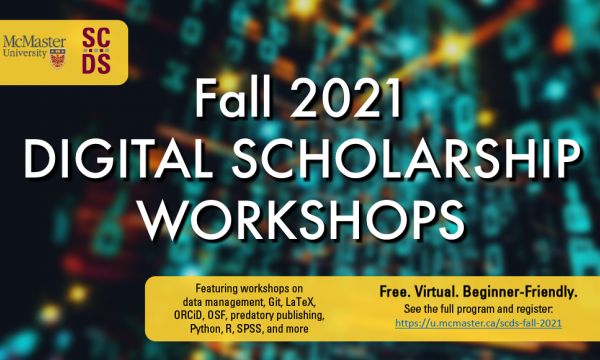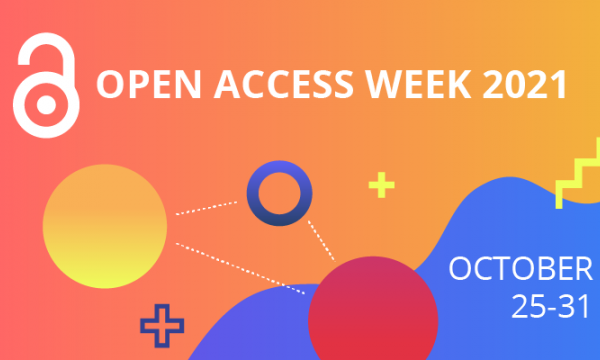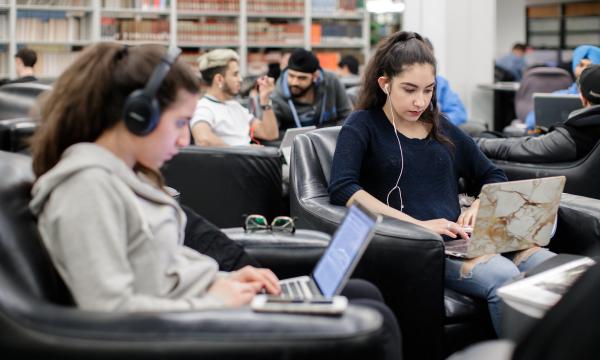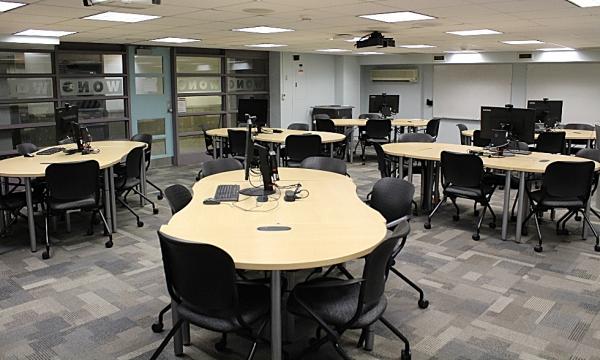
Over the last few weeks, I’ve received some inquiries from students, instructors and researchers interested in alternative strategies for accessing library content during the COVID-19 closure. Many of those queries have come from colleagues working in disciplines where a greater proportion of the scholarly corpus is less available in digital formats.
I’m happy to report that, while McMaster’s physical library buildings are closed, a large collection of research materials is available, both for scholarship and for teaching purposes. The University Library (Mills, Innis and Thode) continues to explore new avenues for expanding these collections and helping you to access them in sometimes alternative ways. Additional information about the separately-administered Health Sciences Library's response during the crisis can be found at https://hsl.mcmaster.ca/covid-19-hsl-service-changes-faqs.
Our vast collections of online resources—more than 1.4 million titles including over 100,000 electronic journals and more than 600,000 e-books—are always open for business. These can be accessed 24/7 from wherever you are through the Library website by logging in with your MAC ID when attempting to access an item. More information can be found on the Library's Off-Campus Access webpage. A VPN connection is not required.
I know that many of you miss browsing our stack areas (I do too). Please note that articles and chapters from print journal volumes or print books from Mills, Innis and Thode Libraries can be scanned and delivered to you electronically. For journal articles: find your journal in the library catalogue and use the scan and send link displayed in the record (you will be asked for article details in the form). For book chapters: find your book in the catalogue and use the “scan one chapter” link displayed in the record. We’re working hard to fulfil all requests (we currently have someone coming to campus a few times a week to do this work).
Specialized research collections (Russell Archives, Archives and Research Collections, Maps, Data, GIS) are closed, but the expert staff from these areas will respond to reference queries as quickly as possible. Additionally, please note that, while the vast majority of our extensive archival collections are not available in digital format, some critical materials from these collections are available online in the Library’s Digital Archive. Several of our archival collections have also been digitized through partnerships with external publishers. These collections are fully available from off-campus to McMaster students, faculty, and staff by logging in with your MAC ID.
As well, many publishers are opening up content to temporarily assist scholars and instructors during this challenging time. Most of these offerings will continue through the spring session. I draw your attention to just a few:
- AVON: Academic Video Online: 68,000 films relevant to a range of disciplines including anthropology, business, counselling, film, health, history, science and engineering, and more. (until June 30)
- JoVE Science Education: Teaches scientific fundamentals through easy-to-understand demonstrations. Newly opened subjects include Engineering, Physics, and Psychology, free to use in STEM teaching efforts. (until June 15
- Ebsco E-book Academic Collection: 200,000 e-books covering a large selection of academic subjects with content from leading publishes and university presses. (until June 15)
- JSTOR E-books: More than 30,000 e-books from 40 academic publishers, available on the JSTOR platform (until June 30)
The list of added content is extensive and grows each day. A select list of these resources is available on the Library’s website.
Some graduate supervisors have indicated that their students are struggling to come up with rich content options for their research – especially their Major Research Papers. I would encourage individuals looking for additional content to explore the millions of new titles drawn from research libraries around the world available as part of our new membership in Hathi Trust. Check the Library's information page for details on the HathiTrust collection and access. If you’re interested in text mining the Hathi corpus, please contact the Lewis & Ruth Sherman Centre for Digital Scholarship.
As well, keep in mind that the Internet Archive provides access to millions of free books, movies, software, soundtracks and more. Their Open Library project provides access to digitized books, many of which can be "borrowed" for up to 14 days. You will need to create a free Internet Archive account to borrow.
If you continue having difficulty finding content, please know that our extraordinary library staff are available to assist you remotely. For general reference questions, our Ask a Librarian chat service continues to be available. For other queries, please email library@mcmaster.ca or call x22077 (Monday – Friday, 9 am to 5 pm). Research librarians can be reached for consultations at liblearn@mcmaster.ca. (For health-related queries, please reach out to our colleagues at the Health Sciences Library at hslib@mcmaster.ca or call x22327).
With conscientious social distancing and great science, we will eventually be back on campus using the library in both its physical and digital forms.
Until then, I wish you good health.




